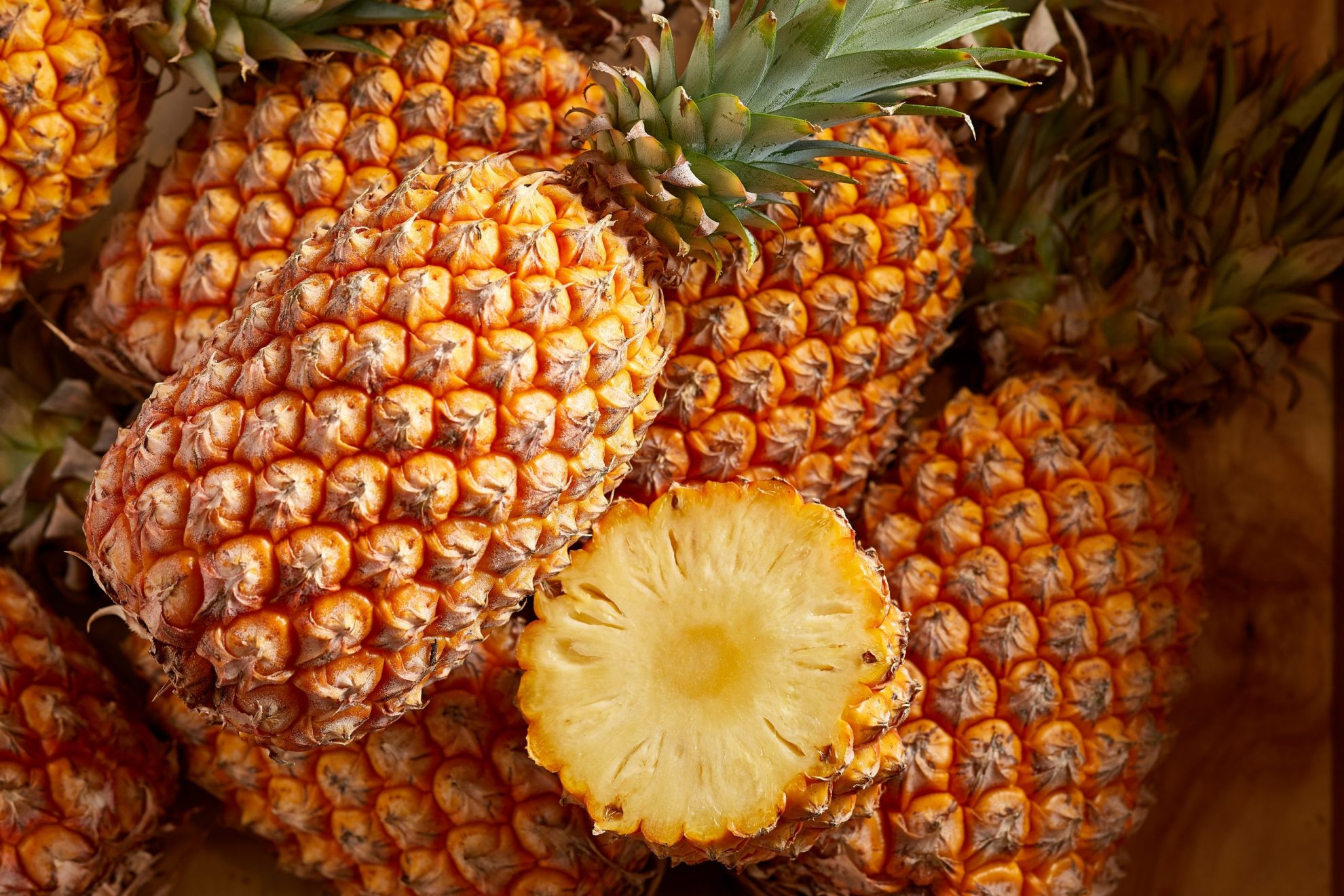
The agricultural landscape is continually evolving, with new trends and opportunities emerging globally. One such trend is the flourishing market for luxury fruits, spearheaded by the Rubyglow pineapple, which sells for an astounding $395.99 per piece in the United States. This presents an intriguing opportunity for Ugandan farmers to tap into a lucrative niche market.
.jpg)
Luxury fruits, such as the Rubyglow pineapple, have found a special market among wealthy consumers who are willing to pay a premium for unique, high-quality produce. These consumers are often looking for more than just food; they seek an experience or a status symbol.
The Rubyglow pineapple, with its distinctive red exterior and superior sweetness, meets these criteria and has been successfully marketed by Del Monte and Melissa’s Produce in the United States.
Ugandan farmers can learn from this success by identifying similar high-value crops that can be grown locally. The key is to focus on fruits that can offer unique characteristics, whether through taste, appearance, or health benefits. For example, Uganda's climate is suitable for growing exotic fruits like dragon fruit, passion fruit, and certain premium varieties of mangoes and pineapples.
Farmers should conduct market research to identify which luxury fruits are in demand globally, assess the feasibility of growing these crops in Uganda’s climate and soil conditions and select fruits that have the potential for high returns and are less likely to saturate the market quickly.
Farmers should then invest in high-quality seeds or seedlings that guarantee the desired characteristics of the luxury fruit, adopt advanced agricultural techniques and technologies to enhance yield and quality. This could include greenhouse farming, drip irrigation, and organic farming practices.
They should partner with agricultural research institutions for guidance on best practices, provide training for farmers on the cultivation of these high-value crops to ensure consistency in quality and develop a strong brand around the luxury fruit, highlighting its unique qualities and the story behind its cultivation.
They should use online platforms and social media to reach a global audience, collaborate with influencers who can promote the fruit to their followers, attend international agricultural fairs and exhibitions to showcase the produce and network with potential buyers and ensure compliance with international standards and certifications to facilitate export. This includes adhering to phytosanitary regulations and obtaining organic certification if applicable.
Farmers should establish relationships with distributors and retailers in target markets. Consider partnering with companies like Melissa’s Produce, which already have a foothold in the luxury fruit market.
While the opportunity is promising, there are challenges that Ugandan farmers must be prepared to address:
Investing in luxury fruit cultivation requires significant upfront costs for seeds, technology, and training. Farmers can seek financial assistance from government programs, agricultural grants, or microfinance institutions.
The luxury fruit market can be volatile, with demand influenced by economic conditions. Diversifying crops and having a well-planned risk management strategy can mitigate this risk.
Maintaining high quality is crucial for premium pricing. Implementing quality control measures at every stage of production will help ensure that the fruits meet the expectations of discerning consumers.
The rise of luxury fruits like the Rubyglow pineapple signals a shift in consumer preferences and opens new avenues for Ugandan farmers. By carefully selecting high-value crops, investing in quality and technology, and effectively marketing their produce, Ugandan farmers can tap into this lucrative market.
With strategic planning and execution, the potential for high returns on investment is significant, contributing to the growth and sustainability of Uganda’s agricultural sector.

















